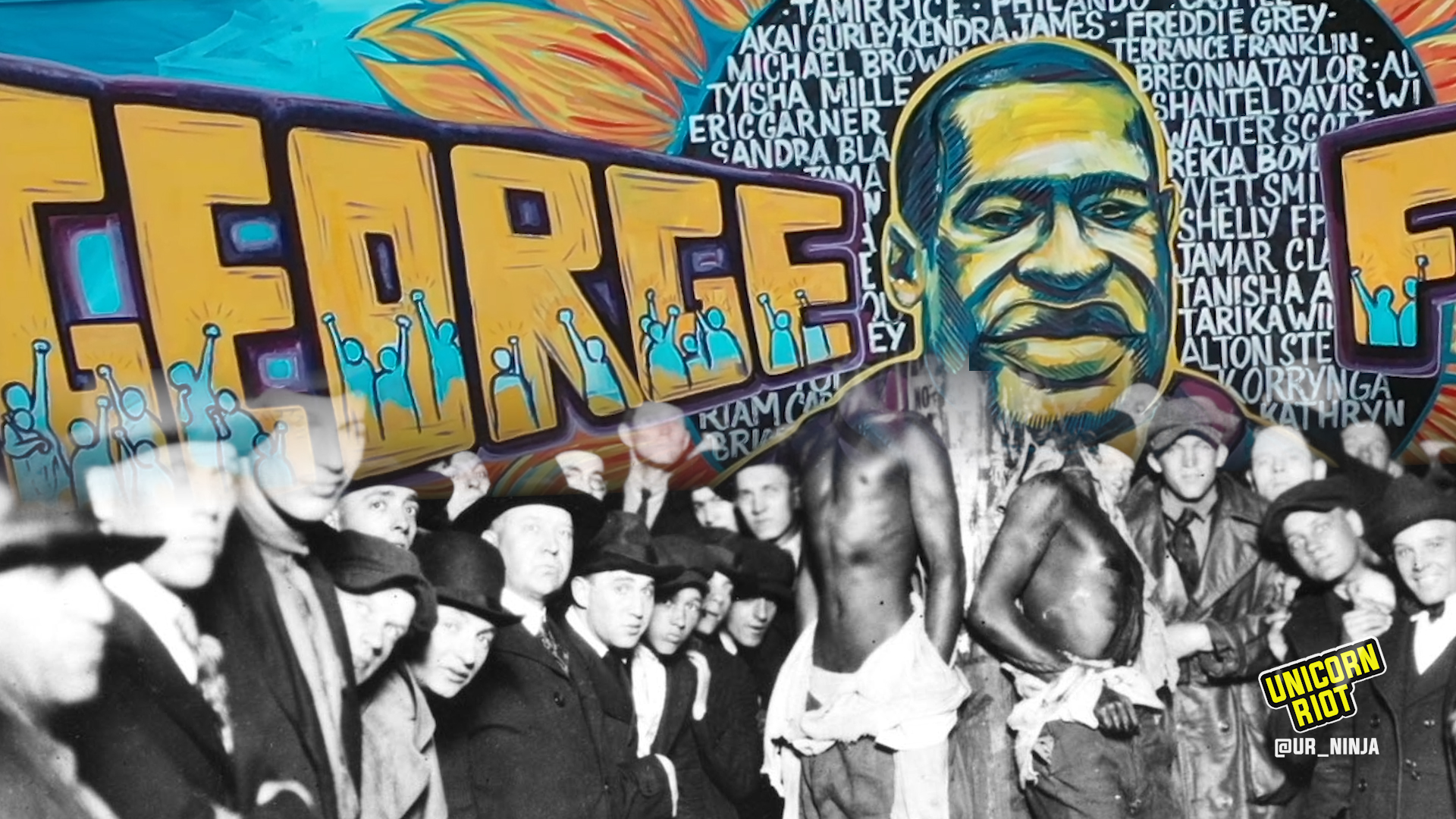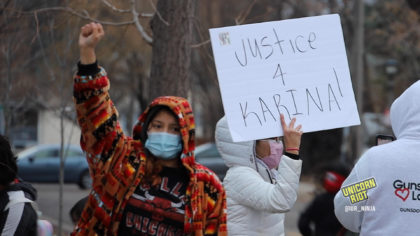1920, 2020; The Years Minnesota Will Never Forget
The world watched Minnesota after the state made headlines for a triple lynching in 1920, though no one was ever charged for the murders of Elias Clayton, Elmer Jackson or Isaac McGhie. 100 years later the world is watching again, waiting to see if Minnesota will reach a different verdict for George Floyd’s murder. The trial is set to take place March 2021.
WARNING – GRAPHIC CONTENT – LYNCHING
“George Floyd was guilty until proven innocent and that’s the same experience the three men here in Duluth experienced back in 1920 — they were automatically assumed guilty even though they didn’t rape Irene Tusken,” said Henry Banks, Founder of the Clayton, Jackson, McGhie Memorial.
The 100-year anniversary of the lynchings was 21 days after George Floyd’s death. Many feel the day was overlooked because of the ongoing State of Emergency. Months later, tensions still remain high in Minnesota as the state grapples with its response to George Floyd’s brutal murder by Minneapolis police.
Duluth, two hours north of Minneapolis, has tension brewing of its own. Current Chief of Police Mike Tusken, who was promoted to the position in 2016, is related to the woman responsible for the 1920 lynchings.
“A direct descendant of Irene Tusken is the police chief… That’s problematic.”
— Henry Banks, Clayton Jackson McGhie Memorial Founder
It was Tusken’s great-aunt, Irene, who lied about being raped by Black men; her false claim cost Clayton, Jackson and McGhie their lives. On June 15, 1920, after Irene Tusken’s claim circulated the city, thousands formed a mob, broke into the Duluth jail, kidnapped the men from their cells, and hung them from a light post in downtown.
In terms of the current chief’s family connection to the lynchings, Banks noted, “It’s not that he’s a bad person, but there are other qualified candidates that Mayor Larson could have chosen for that role.”
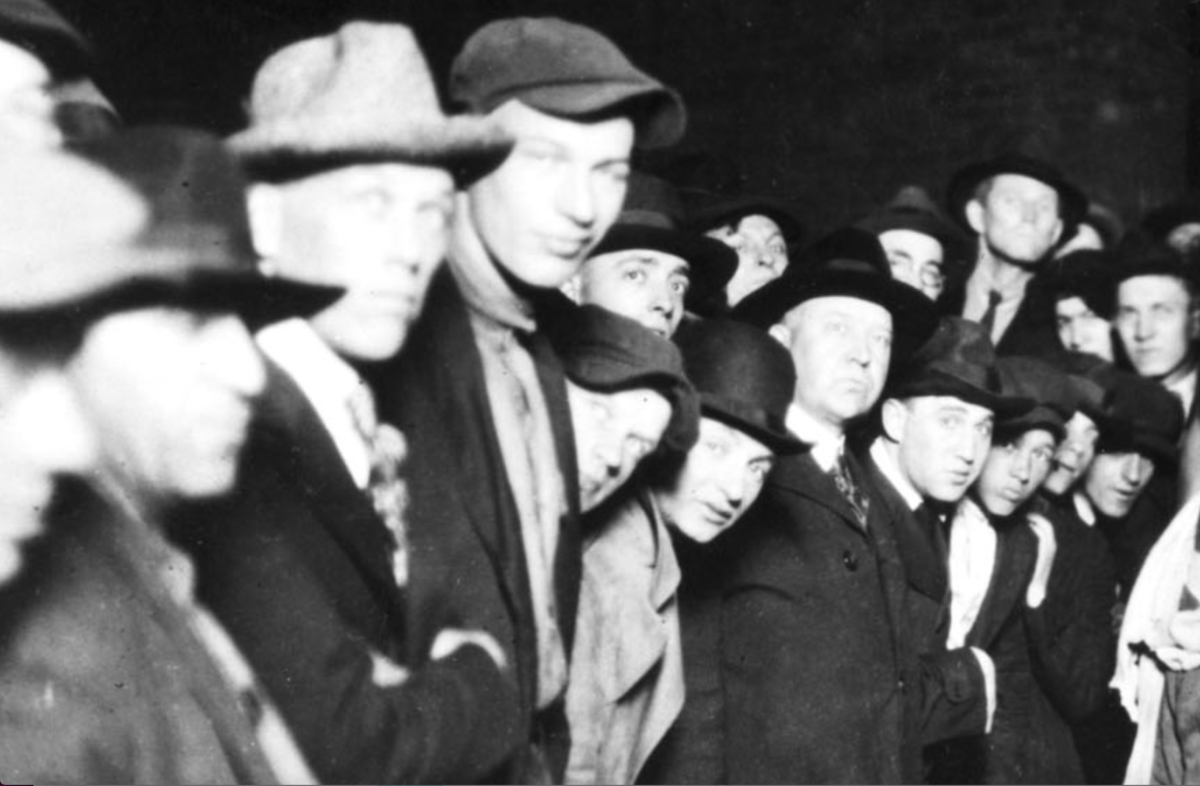
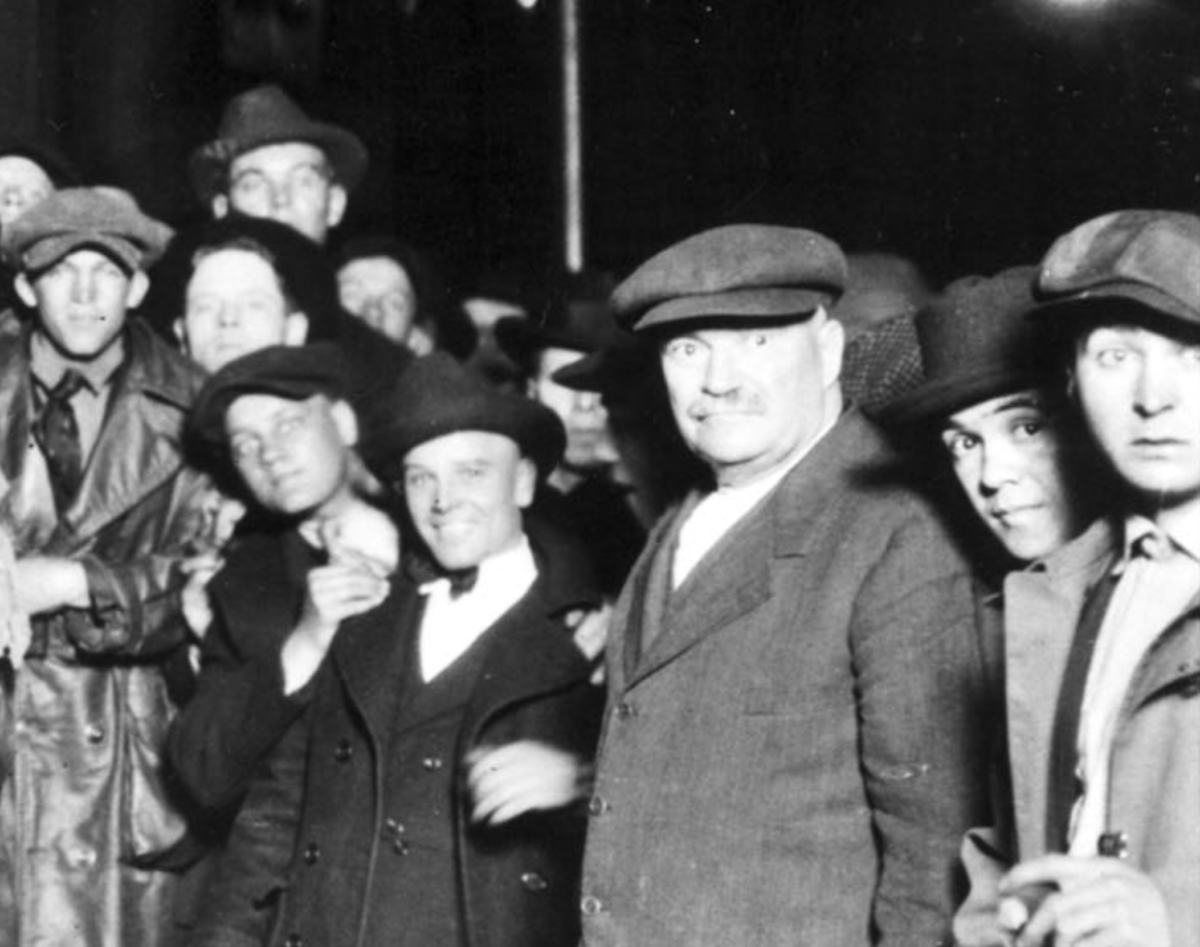
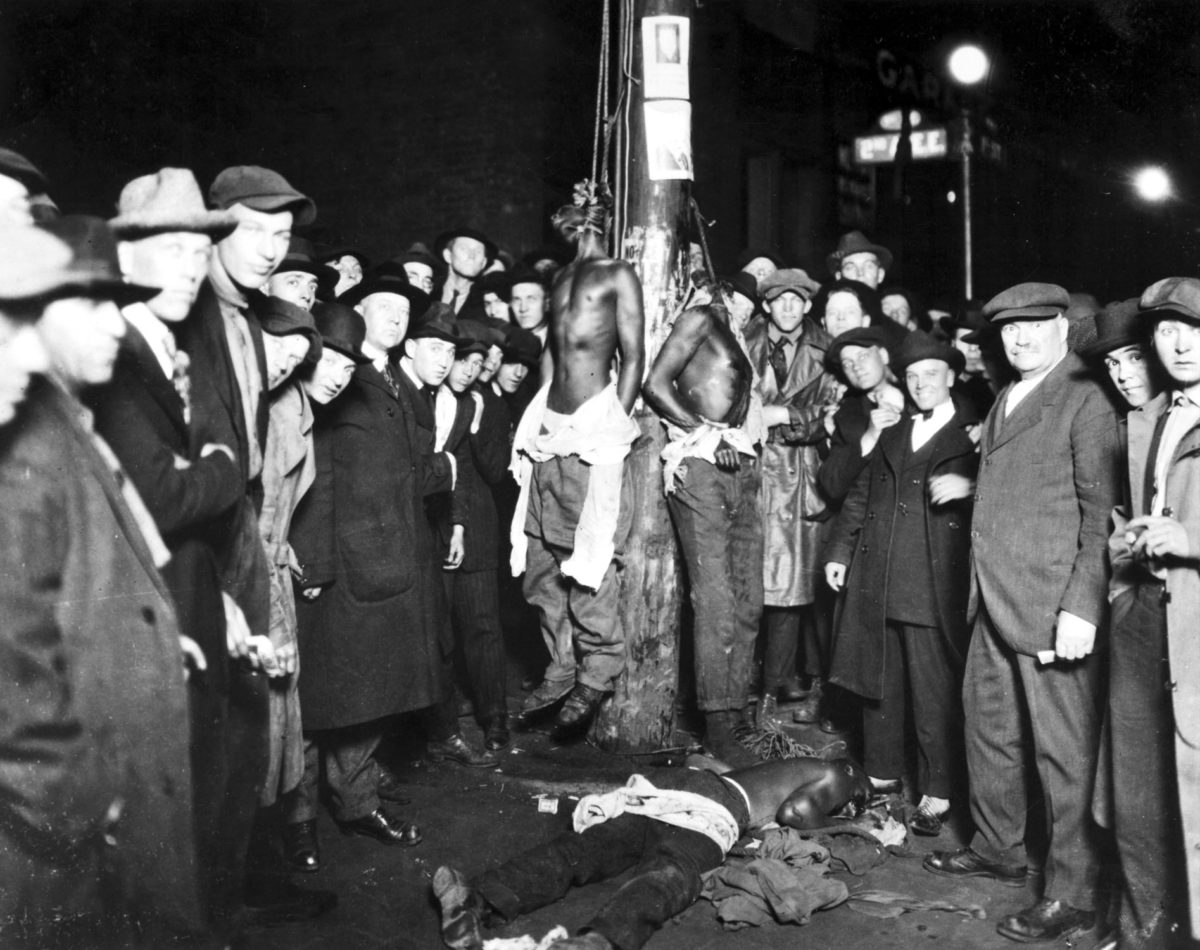
The Duluth lynchings were known as the darkest day in Minnesota history. A century later, Minnesota’s violent racism resurfaced, leaving many to believe that infamous title now belongs to May 25, 2020, the day George Floyd was killed.
“On behalf of the city of Duluth, as Mayor I apologize to Mr. Clayton, Mr. Jackson, Mr. McGhie and their families for the unjust system that was never, ever set up to keep them alive.”
Mayor Emily Larson, City of Duluth
Duluth Mayor Emily Larson issued a public apology for the lynchings. Unicorn Riot reached out to her office to see if the apology was planned in coordination with the centennial of the lynchings or if George Floyd’s death prompted her words of reconciliation. Her office did not respond to our request for comment.
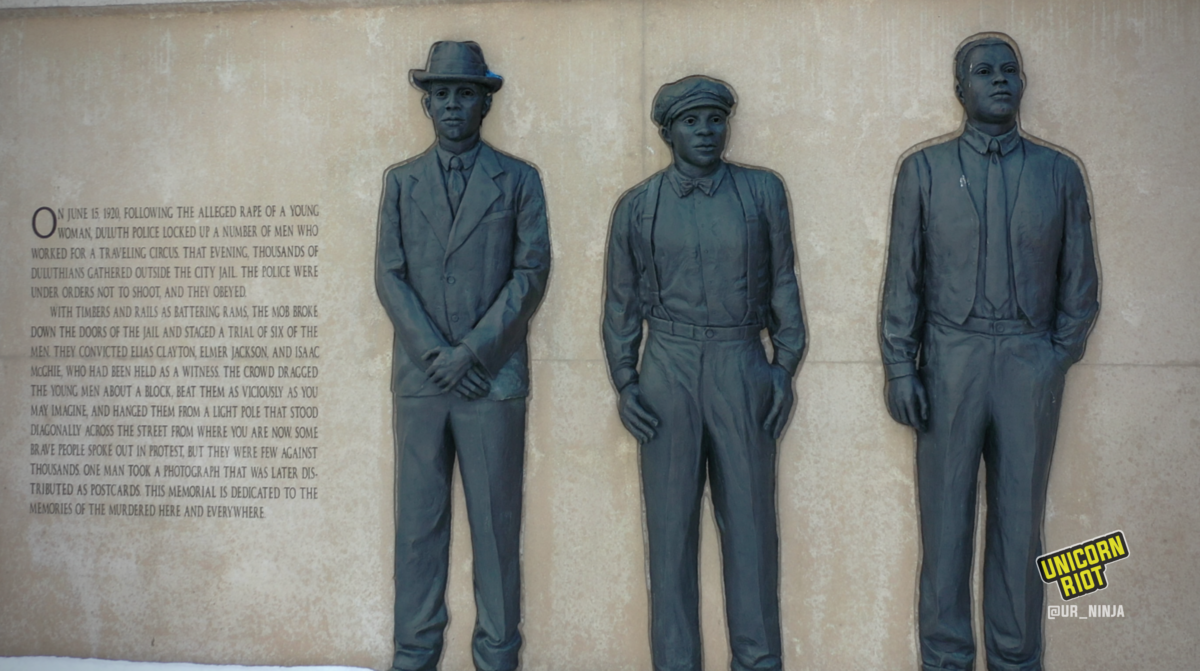
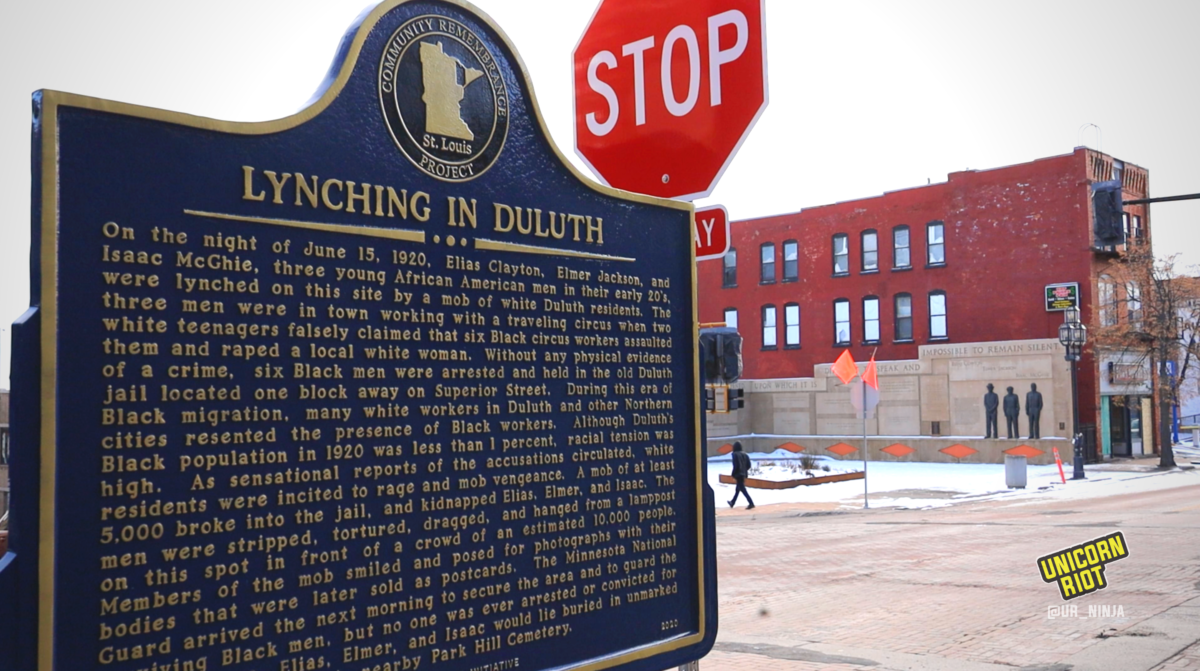
The new historical marker is different from the plaza, the plaza created 2003 focuses on the commemoration of the three men who were murdered. This year’s historical marker was created in part by the Equal Justice Initiative which was founded by National Civil Rights Attorney, Bryan Stevenson and focuses on the historical facts of the lynching and lynchings in America. “The Clayton Jackson McGhie Memorial board is honored to receive the EJI historical marker, as part of the national statement to bring education and awareness around the prevalence of lynching in the country,” says Treasure Jenkins, CJM Board of Directors.
Although the centennial of the three lynchings in Minnesota has passed and the protests for George Floyd have yielded for winter, Banks reminds us that “we must never forget.”
